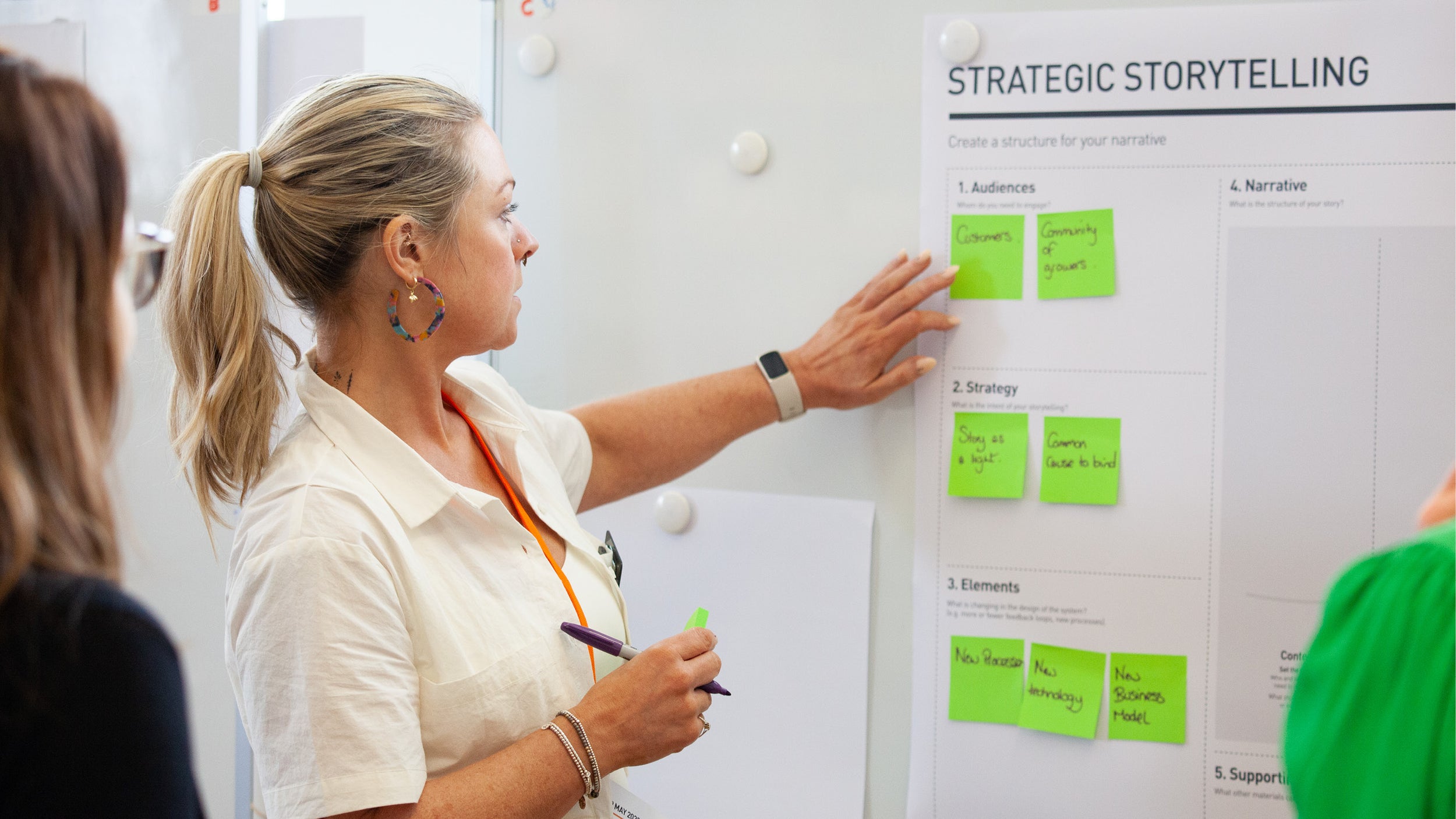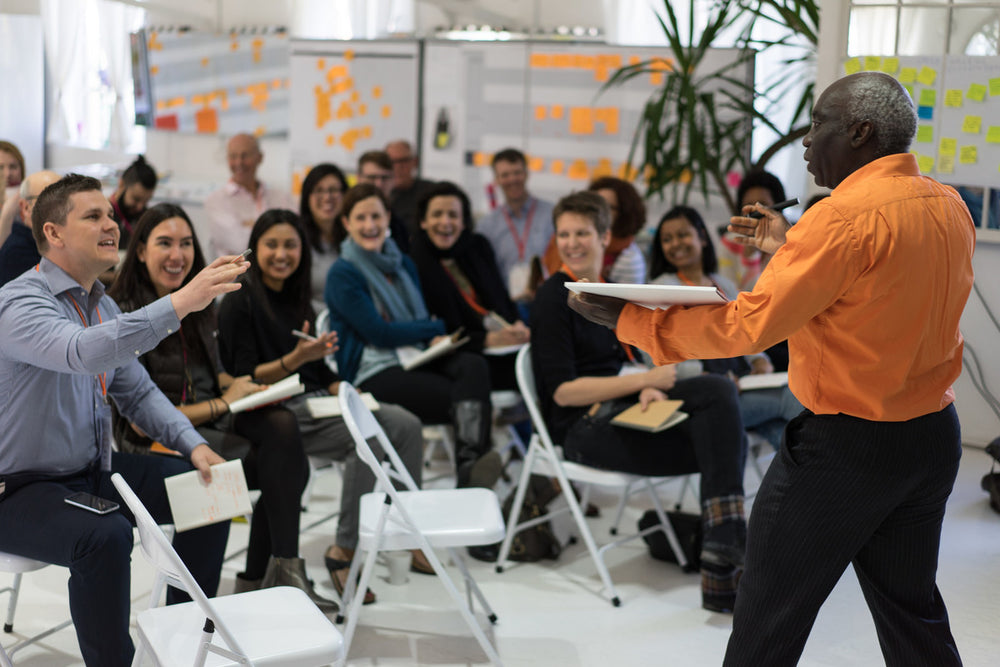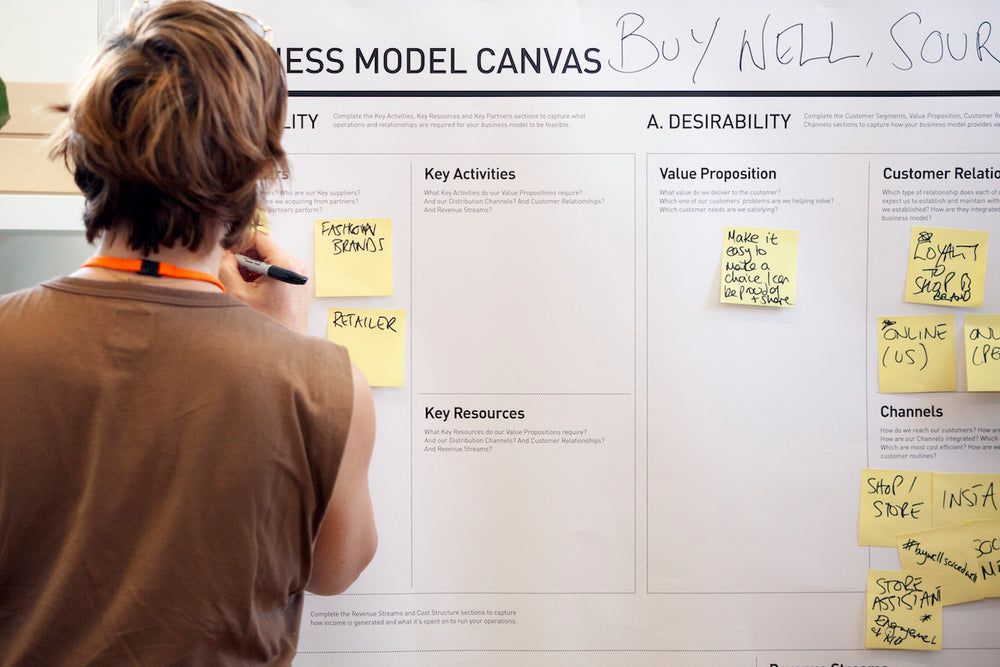
Systems Thinking Fundamentals
Overview
Course information
Systems thinking is focused on exploring the dynamic connections and relationships that shape the world around us, and the underlying structures that drive events and outcomes. A better understanding of complex systems can have a huge impact on our ability to make change happen and anticipate consequences. Working on a live scenario with coaching and feedback throughout, this course will equip you with skills and perspectives that help you to do more collaborative and impactful work.
What you’ll learn
- Different ways to visualise and make sense of complexity.
- Collaborative approaches to framing problems and making change happen.
- Methods for identifying patterns and structures in complex systems.
- How to engage with underlying causes and tackle unexpected outcomes.
- The importance and application of storytelling and reframing in systems change.
The coaching team:
Enrol now
Who’s it for?
Day-by-day summary
Day 1:
Day 2:
What Systems Thinking Fundamentals alumni say
Our live teaching approach
The coaching team
FAQs
Can’t find what you’re looking for? Speak to one of our team now through our chatbot or get in touch.
Contact Us








